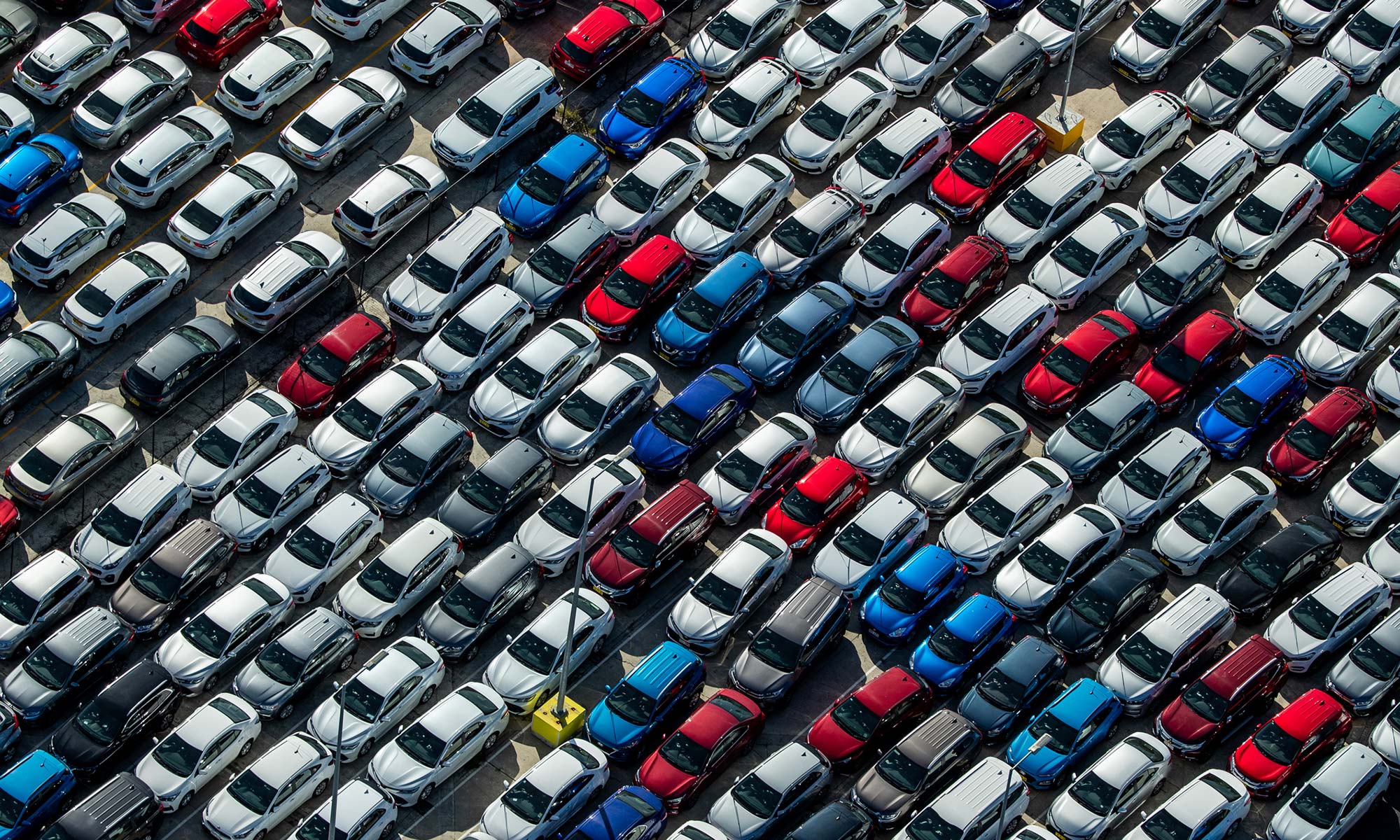AUTONEWS

Tesla was one of the great pioneers of technology-packed cars in the automotive industry. The digital interfaces, multimedia panels and driving assistance systems made drivers' eyes light up and forced other brands in the sector to run after their own differentiators.
The strategy didn't work out so well. An August study by data analysis company J.D. Power revealed that, although brands are investing in these technologies, drivers aren't exactly happy.
J.D. Power showed that car companies are equipping their vehicles with technological features of all kinds, from driving assistance to on-board entertainment items. However, interviews with about 82,000 drivers in 2024 showed that they don't see any use for all of this.
The survey pointed out that, in an attempt to compete with cars packed with technology, such as Tesla models, the automotive industry is still learning about what consumers want and don't want. More than that, what they consider useful. According to Kathleen Rizk, senior director of benchmarking and user experience technology at J.D. Power, manufacturers are banking on technology to meet customer needs. On the other hand, consumers are finding that they see little (or no) use for some of the new features.
What technologies do customers dislike in cars...The study found that drivers don't like screens for passengers. According to the company, only 10% of vehicles carry someone in the front seat on a daily basis, which makes an extra screen somewhat disposable. Some of the models that have already invested in this technology are the luxurious Porsche Taycan, Lincoln Nautilus and Jeep Grand Cherokee.
Gesture controls through swipes or finger movements in the air are also not popular. Respondents revealed that they find these features problematic and without practical functionality.
According to J.D. Power, gesture controls, fingerprint readers and facial recognition systems “unsuccessfully attempt to solve a problem that owners didn't know they had”. People also don't like hands-off driving systems, Level 2 automation. In this case, the systems are capable of taking control in specific situations, such as accelerating and braking, but not enough to drive themselves or dispense with human attention. This is the case with General Motors' Super Cruise or Ford's BlueCruise.
The interviewees said they don't consider these versions practical. For Rizk, in an interview with InsideEVs, this is because this type of driver assistance system, despite making life easier, does not solve a clear problem. After all, drivers already know how to accelerate and brake without help.
Based on the research, J.D. Power created a ranking of “technology-rich” cars that are most accepted by consumers. Of the brands that presented all the data required for the research, the podium went to Genesis, Lexus and BMW. Tesla and Rivian had higher scores, but did not meet the study criteria.
See the full ranking:

What technologies do customers like... Not all technologies are bad. The interviewees revealed some of the features they like or find useful in cars:
According to Rizk, drivers liked the driver assistance systems (not steering), which help with automatic emergency braking and blind spot cameras;
This is because these are known problems in cars, which technology actually helps to overcome. Still, she believes that acceptance of other systems should grow over time;
Drivers also like smart climate controls, which turn heaters and air conditioning on or off depending on the weather. The industry expects to make these technologies even more advanced and independent with the use of AI.
Mundoquatrorodas

Nenhum comentário:
Postar um comentário